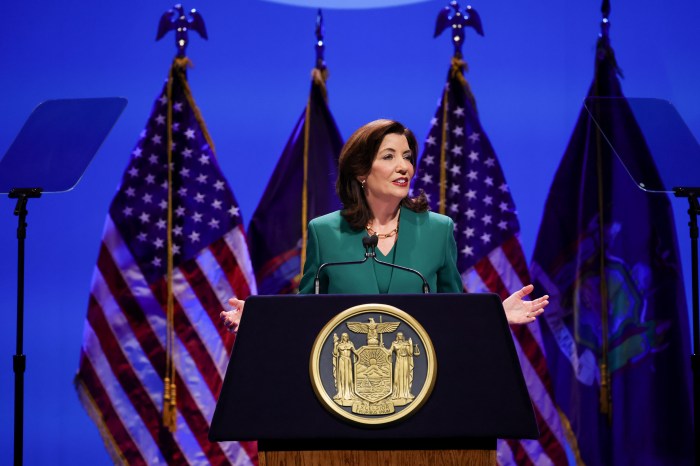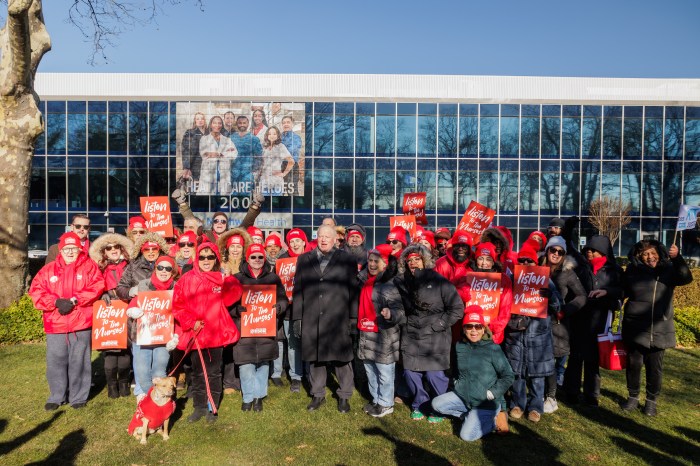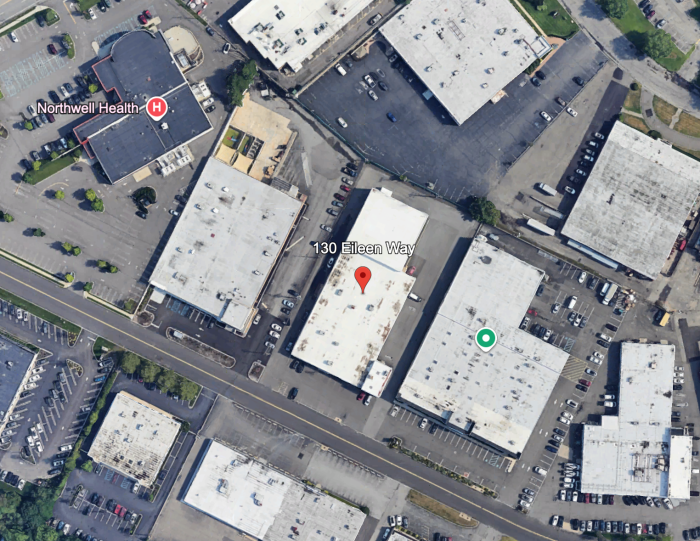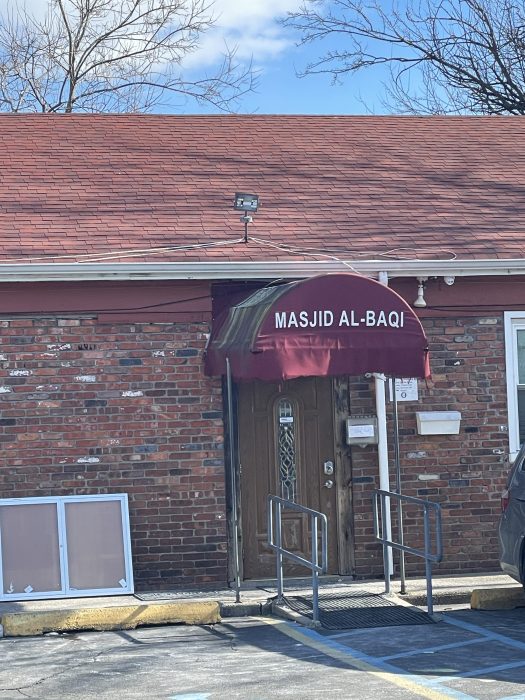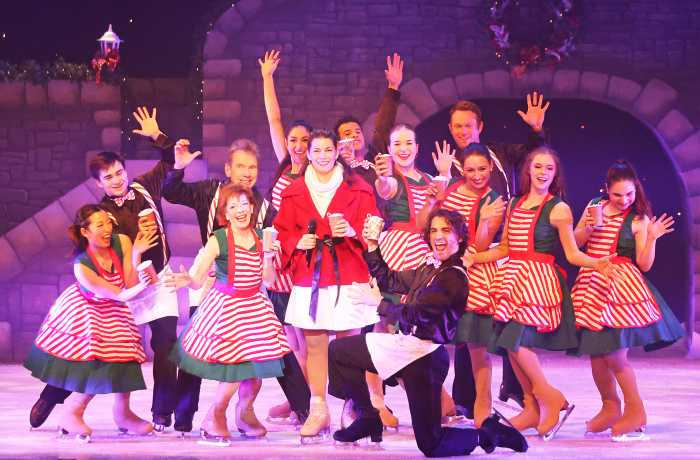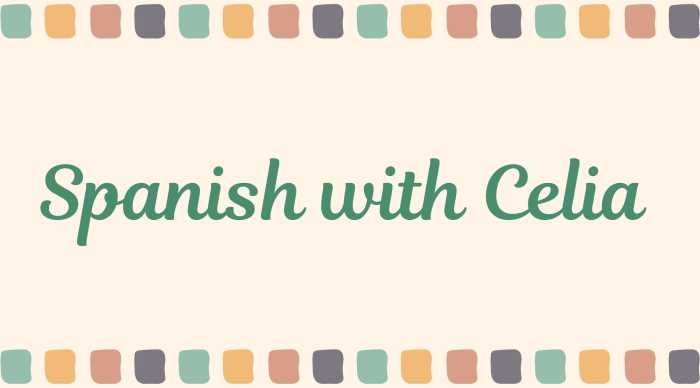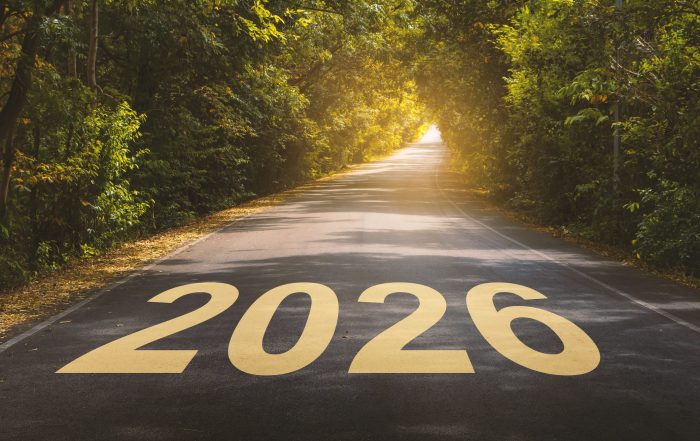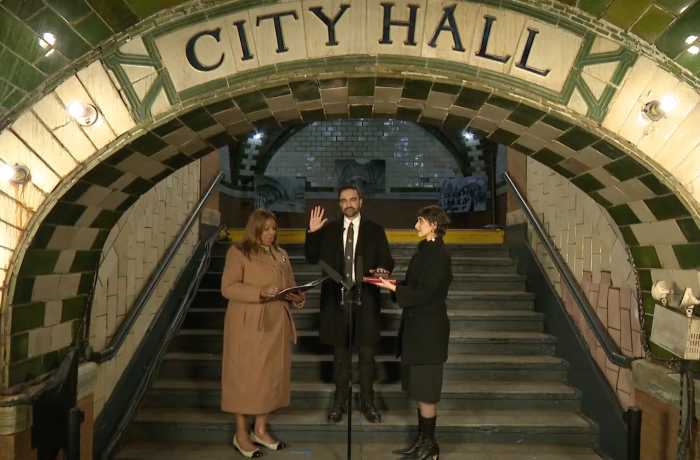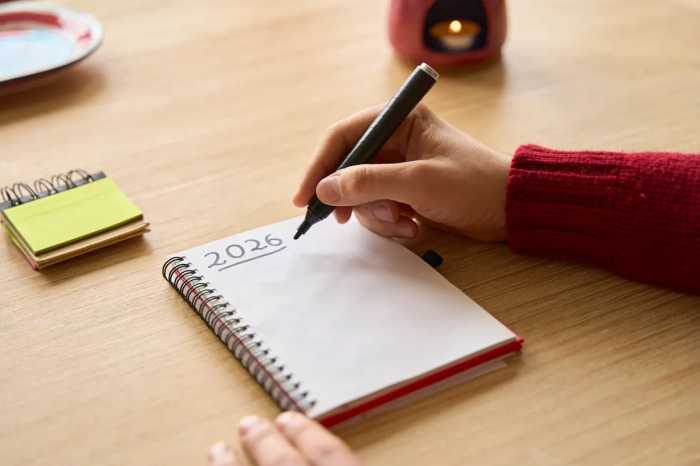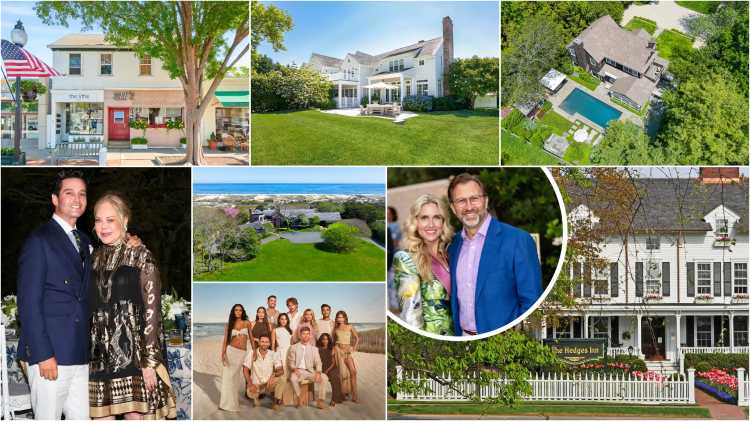Syrians Want America’s Freedom
The story of the life and death of Marie Colvin, war correspondent, is still being written. Her death in the shelling of an improvised media center in the Baba Amr district of Homs, Syria, where she was reporting the effects of the war on innocent people, has earned her the love and respect of the Syrian people. Her location in Baba Amr is believed to have been targeted by the government forces of the regime of Syrian President Bashar Assad because journalists were informing the world about what is happening there.
To express the thanks of the Syrian people for Colvin’s telling of their story, the Marie Colvin Convoy for Freedom of Syria has been making its way from Los Angeles to Washington D.C., stopping in 11 cities across the country to raise awareness of ongoing fighting in Syria.
On Friday, March 16 they visited Marie’s family in East Norwich to thank them personally and were heading later to Atlanta, Georgia where they plan to meet with Marie’s sister, Aileen, and her family to also thank them personally. On March 17, they were in Washington, D.C. to join the “United We Stand for a Free Syria” demonstration, to commemorate the first anniversary of the Syrian revolution.
Convoy Communication
Cat Colvin, Marie’s sister and the family spokesperson, was in touch with Mazen Mukadad and Belal Dalati of the Marie Colvin Convoy. On Thursday, March 15, she said the convoy had reached 100 cars plus the two vans and were running late. Originally they hoped to be in East Norwich on Friday, at 9 a.m. In preparation for the large influx of cars carrying visitors to the small residential community, she had contacted the Town of Oyster Bay and the Nassau County Police to arrange for the use of the Theodore Roosevelt Memorial Park bandstand area, which would allow for ample parking for the convoy.
Waiting for the Bell to Ring
Waiting for the Syrians to arrive at her East Norwich home was Marie’s mother, Rosemarie, with Cat and cousin Jennifer Colvin, (Marie’s brother William’s daughter). They were seated in their living room, talking about the past week and the many condolence letters they had received. The ones from Britain are all handwritten – what they consider “a proper condolence”, said Rosemarie. Marie was working in London, where she has two friends named Jane. “They are both Lady Janes, part of the British royalty.” said Rosemarie. “The Duke of Wellington [father of Marie’s friend Jane Bonham Carter] apologized because he couldn’t handwrite his condolence note because he hurt his arm,” said Rosemarie.
Cat explained, “People have been so great.” Her mother added, “We had so much food given to us, we donated some to the food banks.” Cat had a sweet story to tell about Jacques Chalikian, a third generation watchmaker with a business on Audrey Avenue. The Colvin family has an antique box they are using to hold Marie’s ashes, but the key was lost. “Mr. Chalikian found an antique key and fashioned it to work on the box. He wouldn’t take a penny for it. He was so nice. The whole town has been so supportive.”
It was taking a while for the convoy to arrive, and the family talked about the difficulties in identifying Marie’s body. The authorities in Damascus where Marie’s body was taken wanted DNA evidence from her mother to identify Marie. Cat said the Sunday Times had sent recent dental records, but that wasn’t enough. With the help of the State Department they were finally allowed to have their friend Hala Jaber identify the body with her knowledge of Marie’s wounds from a previous attack in Sri Lanka. She still had unique pieces of shrapnel in her body.

With that, the bell rang and outside you could see the large white vans had arrived. Cat had been speaking to Belal Dalati, one of the convoy organizers, during the week and greeted him as a friend. Surrounded by photographers they got in the convoy’s white vans for the trip to Theodore Roosevelt Park, joined by about 20 cars from the convoy. Many others had stayed in New York preparing for a demonstration in front of the United Nations.
Your Loss Is Our Loss
Standing in the gazebo at TR Park, the convoy’s Belal Dalati said, “Your loss is our loss. It is true you have lost a dear daughter but you have gained over 22 million Syrians. We feel exactly how you feel. We will never forget what they did to her. Please accept us as one family; and please accept this small token from our convoy.” She was presented with a bronze statue with an eagle on top, and a plaque.
Rosemary thanked the men: “The Syrians have made great sacrifices. Freedom is always a worthy cause.”
She and Cat were presented with Syrian scarves. “I’ve been looking at those colors all week,” she said, complimenting the tri-color green, red and white striped scarves.
Belal said, “We drove across the country and stopped in almost every state we crossed, meeting members of the Syrian-American community, and the communities in general and they expressed their appreciation of what Marie has done and everyone gave their condolences. Marie died for this cause. She died but her memory lives on.
“She died for freedom, this is what America stands for. You think of America – (you think of) freedom right away. We are here, Americans by choice,” said Belal.
Rosemarie answered, “I hope they are listening too – that Marie died for freedom.”
Another of the Syrians said, “They need to listen because people are dying; women are being raped. This regime is fighting for the sake of standing tall. He’s [President Assad] terrorizing everyone. He doesn’t want the people to be free, he just wants to kill them. We are excited that she has exposed this regime and the atrocities that are happening. We will never forget her.”
They asked that those from the convoy to come closer to the family to allow them to express their appreciation of what Marie had done for the Syrian people. One person said, “She brought a message of truth and beauty on behalf of the people of Homs and Baba Amr, and the Syrian people and humanity itself. We want you to know Marie will be in our hearts forever. Her body has left but her soul and her message to humanity will remain. “
Another responded, “We’ve been on the road eight or nine days and gone over 2,500 miles. It took twice as long since we were trying to collect signatures for a sympathy card, in all the Syrian-American communities of Phoenix, Tucson, San Antonio. Houston, Detroit, and Little Rock to spread the memory of your sister and daughter. I believe as a Muslim we will meet in the Day After. She did a great thing in her life for humanity and not only for Syria. God willing, hopefully we will join her in heaven.”
They brought the group to a table set with flowers and gifts and the large green card with a photo of Marie in the center of it. Al Kuja Sharef said, “This was all done by Syrian hands. People were standing in line to sign the card in Arizona, Chicago and New Jersey.”
He presented the family with flowers and a wooden inlaid box made in Damascus. He said they would put up statues of Marie Colvin and Remi Ochlik, the French photojournalist who died along with her in Homs.
Rosemary responded, “It’s wonderful of you to do this. It is really appreciated and it brings comfort to us.”
Cat added, “We appreciate this and sincerely hope it helps to stop the slaughter which has shocked the world.” Cat said she received calls from the convoy along the way and watched them on Facebook. She said, “Marie is looking down on us and we can’t thank you enough and wish you all the success, in your cause.”
With that, Dr. Fehmi Khairullah, one of the convoy team said that day “Syria was nominated as the number one slaughterhouse in the world.” He praised Marie and Remi for going to Syria to tell the story of those members of the regime, who he charged, “killed the kids, babies, raped the women, killed the defenseless and will do whatever it takes to kill the Syrian people.
“Our hearts go out to Marie and I think every Syrian will remember that that these people are righteous and the friends of the Syrians.”
He added, “We send a message to our President Obama and Secretary of State Clinton that after one year of killing and slaughtering people, this dictator will not go. He has to be extracted and we have to work toward that and have to call on our public officials, senators, and congressmen and women, to stand by the Syrian people. This has become a humanitarian issue now.”
A Personal Story
Wearing the red, green and white Syrian scarf, Yasmin Jandali said she came up from Atlanta with her husband, composer and pianist Malek Jandali because of the importance of the convoy. She said, “I am an American citizen, born in Syria, in Homs.
“We are extremely honored that people as brave as Marie would come to our home country to tell the world what is going on there. It is incredible, the sacrifice she made for us, and it goes to show we are all one family.
“Nobody knows about it. This is really the first time, and that is very significant.”
Of herself, Yasmin said, “The United States is my home, but we have strong roots for our homeland of Syria. I own my own business and felt it was incredibly important to come here and hoped to show people, as my colleagues have said, that they have gained a larger family.”
Malek Jandali visited the Colvins before the wake and presented them with a recording of a composition he wrote dedicated to the Syrian people of Homs, where he and his wife were born. “It was played at the wake,” he said. “This is my first opportunity to attend a memorial for this courageous spirit,” said Malek.
“We are going to a demonstration at the U.N. at 3 p.m.,” said Yasmin and commented on the cold foggy morning at the Theodore Roosevelt Memorial Park, hoping it would be warmer in New York City. “We didn’t bring warm clothes because we live in ‘Hot’lanta’. She said when she visits old friends, “They say I sound so Southern. When I start saying ‘y’all’ take me out to pasture!
“God bless America. The only thing we want is for our people back home to have the same things we have here. Yesterday we demonstrated in front of the Russian Embassy and we had the Secret Service there to protect us, to watch for the traffic; while the Secret Service people in Syria, they arrest people and torture people. It really breaks my heart that they can’t enjoy the things we have here. But they will, they will.”
Asylum Seekers
As the convoy was assembling to return to New York City, men in a white sedan gave the “V for Victory” sign as a picture of them in their car was taken. Three men in the back seat said they didn’t speak English, but the driver did. He said in halted English that they joined the convoy in New Jersey. He said they were going to the demonstration at the United Nations to ask for help from the Syrian regime that is killing their citizens every day. He said the men sought asylum here in the United States and added, “We want to go back. We want freedom for the people of Syria. We want support from President Obama. We want to return to Syria. We have our home there.”
According to Belal Dalati, the demonstration at the United Nations “was great, there were a lot of people there.” After the U.N., they went to the Syrian ambassador’s office for another demonstration. There were about 500 demonstrators there and about 300 to 400 people watching,Delati reports. Afterwards, they left for Washington, D.C. to demonstrate at the White House.
“There were many, many people there wearing Marie Colvin’s picture on their T-shirts,” said Delati. Then we walked to the congressional building.” By Sunday late afternoon, they were on their way south “to carry the memory of what Marie has done and that it is not forgotten,” said Belal.
It’s a Small World
As it turns out, composer Malek Jandali lives in the same suburb of Atlanta, Georgia as Marie Colvin’s sister Aileen Colvin Horton and her husband Doug.
Rosemarie Colvin said that during the convoy, Jandali, the pianist, played at the White House and afterwards he spoke up about what was happening in Homs, “His parents were beaten up after he spoke,” she reports. “[The authorities] went to his home and brutally beat up his mother and his father.”
That gives even greater meaning to Jasmin Jandali’s words: “It really breaks my heart that they can’t enjoy the things we have here. But they will, they will.”




